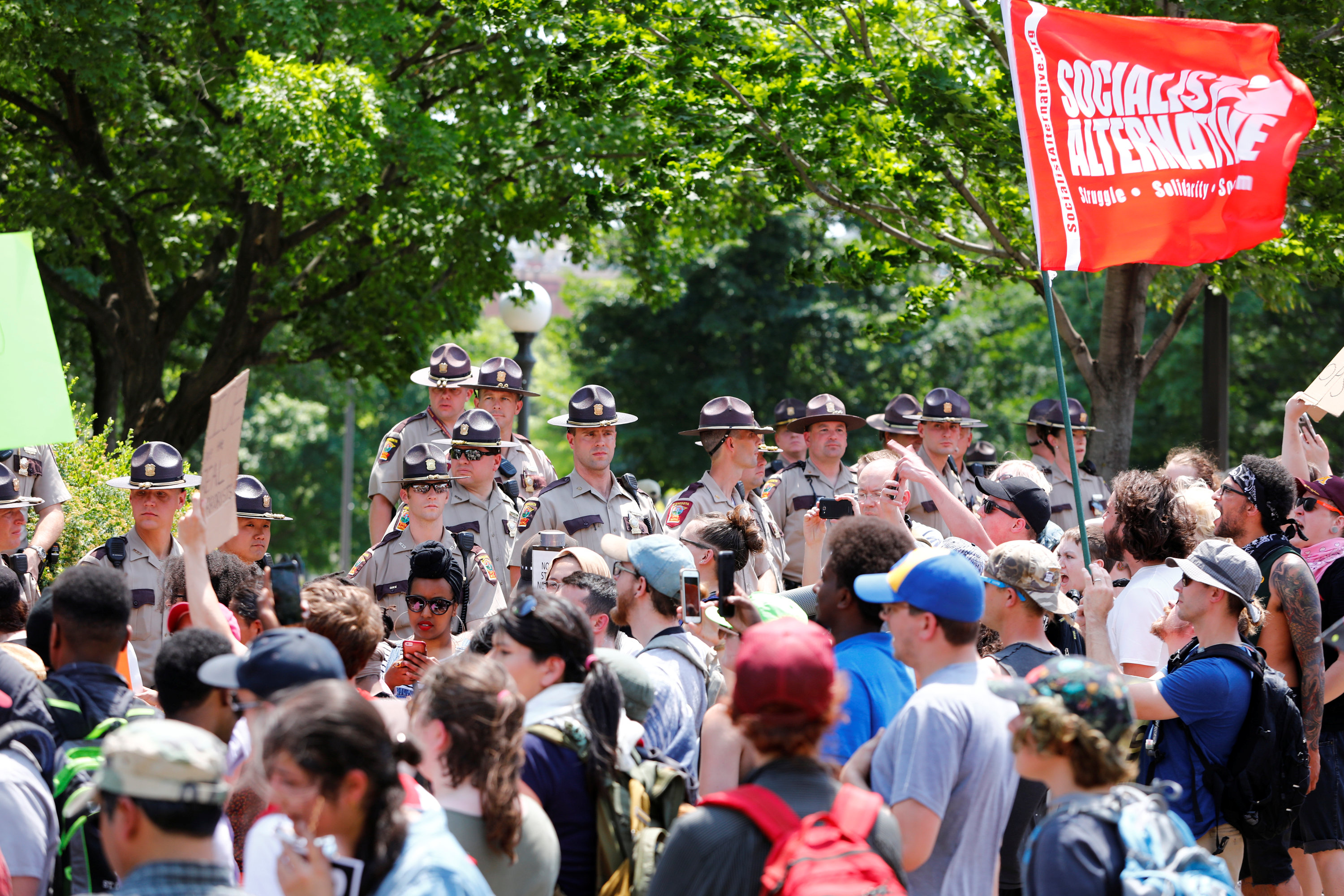
By Eric Walsh
WASHINGTON (Reuters) – Otto Warmbier, a U.S. university student held captive in North Korea for 17 months, has been released, but a former U.S. official said on Tuesday he is in a coma and in urgent need of medical care.
Warmbier, 22, a University of Virginia student from suburban Cincinnati, was on his way back to the United States, Secretary of State Rex Tillerson said in a statement.
“Otto has been in a coma for over a year now and urgently needs proper medical care in the United States,” said Bill Richardson, a veteran former diplomat and politician who has played a role in past negotiations with North Korea, said after speaking to Warmbier’s parents.
The family said they were told by North Korean officials, through contacts with American envoys, that Warmbier fell ill from botulism sometime after his March 2016 trial and lapsed into a coma after taking a sleeping pill, the Washington Post reported.
“In no uncertain terms North Korea must explain the causes of his coma,” Richardson, whose Center for Global Engagement had directly sought Warmbier’s release with the North Korean government, said in a statement.
Tillerson, at a U.S. Senate hearing on Tuesday, declined to comment on Warmbier’s condition. A person who answered the phone at Warmbier’s family’s Ohio residence said: “No comment, thank you” and hung up.
Warmbier’s release came as former U.S. basketball star Dennis Rodman arrived in North Korea on Tuesday, returning to the increasingly isolated nuclear-armed country where he has previously met leader Kim Jong Un.
U.S. officials appeared to brush aside any speculation of a connection between Rodman’s controversial visit and Warmbier’s release.
A senior administration official said the Trump administration did not authorize Rodman’s trip. “This is him freelancing,” the official told Reuters.
The State Department is continuing to discuss the situation of three other detained Americans with North Korea, Tillerson said.
Since taking office in January, U.S. President Donald Trump has faced growing tensions with North Korea, which has conducted a series of ballistic missile tests in defiance of U.S. and international sanctions.
Warmbier was detained in January 2016 and sentenced to 15 years of hard labor in March last year for trying to steal an item with a propaganda slogan, according to North Korean media.
“At the direction of the president, the Department of State has secured the release of Otto Warmbier from North Korea,” Tillerson said.
Richardson, a former Democratic congressman, U.N. Ambassador, U.S. energy secretary and ex-governor of New Mexico, welcomed Warmbier’s release but said “we are deeply concerned regarding his health.”
U.S. Senator Rob Portman of Ohio said: “Otto’s detainment and sentence was unnecessary and appalling, and North Korea should be universally condemned for its abhorrent behavior. Otto should have been released from the start.”
“Our son is coming home,” Fred Warmbier told the Washington Post. “At the moment, we’re just treating this like he’s been in an accident. We get to see our son Otto tonight.”
(Reporting by Eric Walsh; Additional reporting Steve Holland and Mark Hosenball; Writing by Matt Spetalnick; Editing by Marguerita Choy and James Dalgleish)









